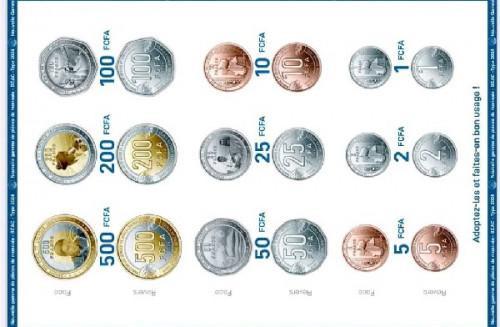
Tariffs throw US, Canadian farm machinery manufacturers into turmoil .
All around a recent farm show in Canada, equipment salespeople struggled to swing deals with farmers worried about tariffs.
With some combines costing more than $800,000, a surprise price hike from a tariff would be a hit most farm budgets cannot easily take.
Canada was spared the Trump administration’s broad global tariffs on April 2 but faces tariffs on steel and aluminum exports to the U.S. as well as on autos not compliant with the United States-Mexico-Canada Agreement on trade.
As of Friday, Canadian farmers said they were unclear whether agricultural equipment is subject to the duties or to Canada’s retaliatory tariffs. Sorting out the details could take weeks.
Meanwhile, farmers’ appetite for new combines, tractors and other farm equipment has slumped, and manufacturers are pulling back.
In March, Case IH, an agricultural equipment manufacturer based in Racine, Wisconsin, and owned by global giant CNH Industrial, notified hundreds of workers in North Dakota and Minnesota of layoffs. The company did not immediately respond to a request for comment.
In Saskatchewan, the Canadian province where much of the country’s spring wheat, canola and durum is grown for export, farmers will be very cautious about capital spending, said Bill Prybylski, president of the Agricultural Producers Association of Saskatchewan, with tens of thousands of members, as he gestured his thumb towards a giant green John Deere combine at the March farm show.
Source: Marketscreener

